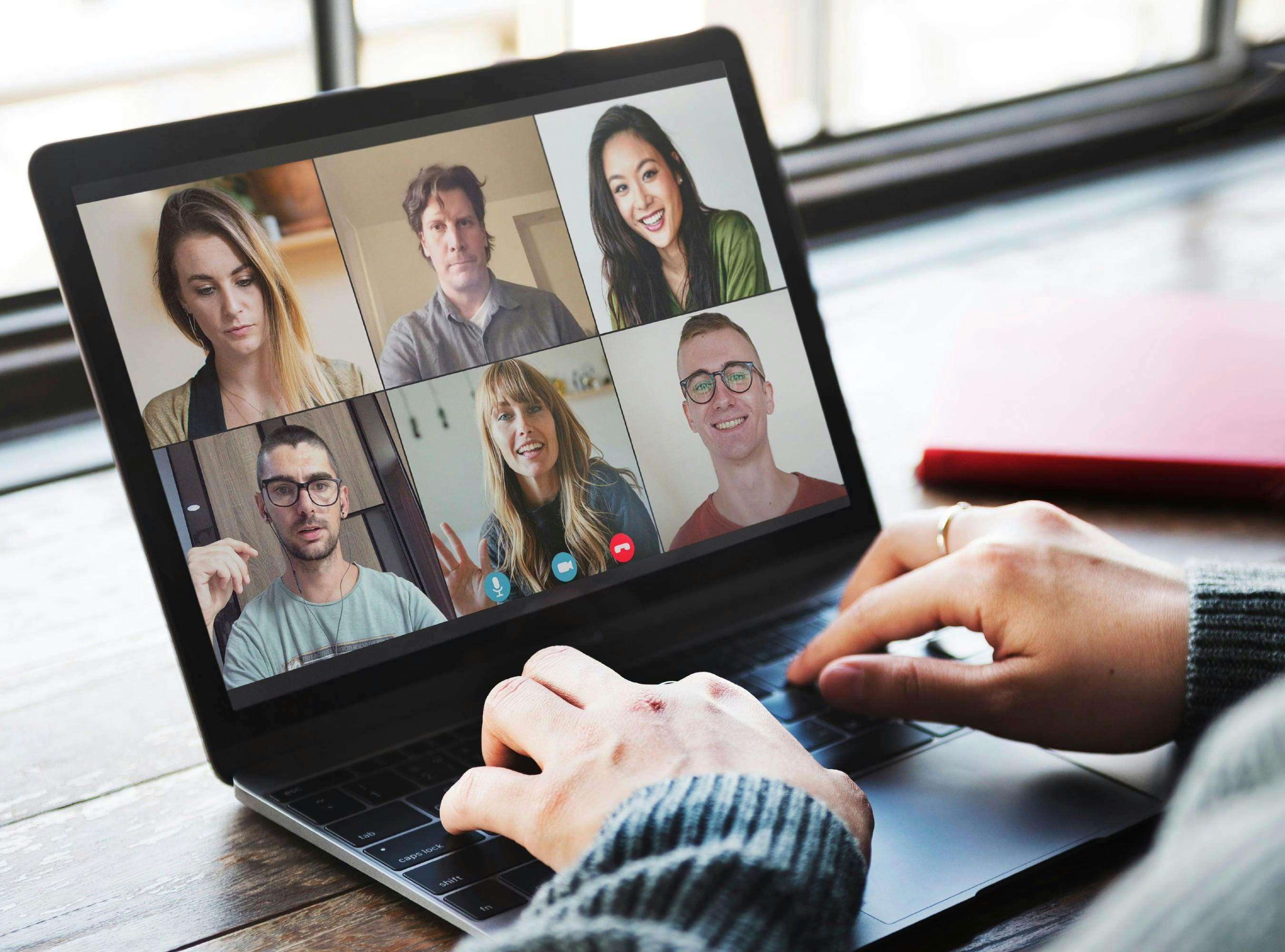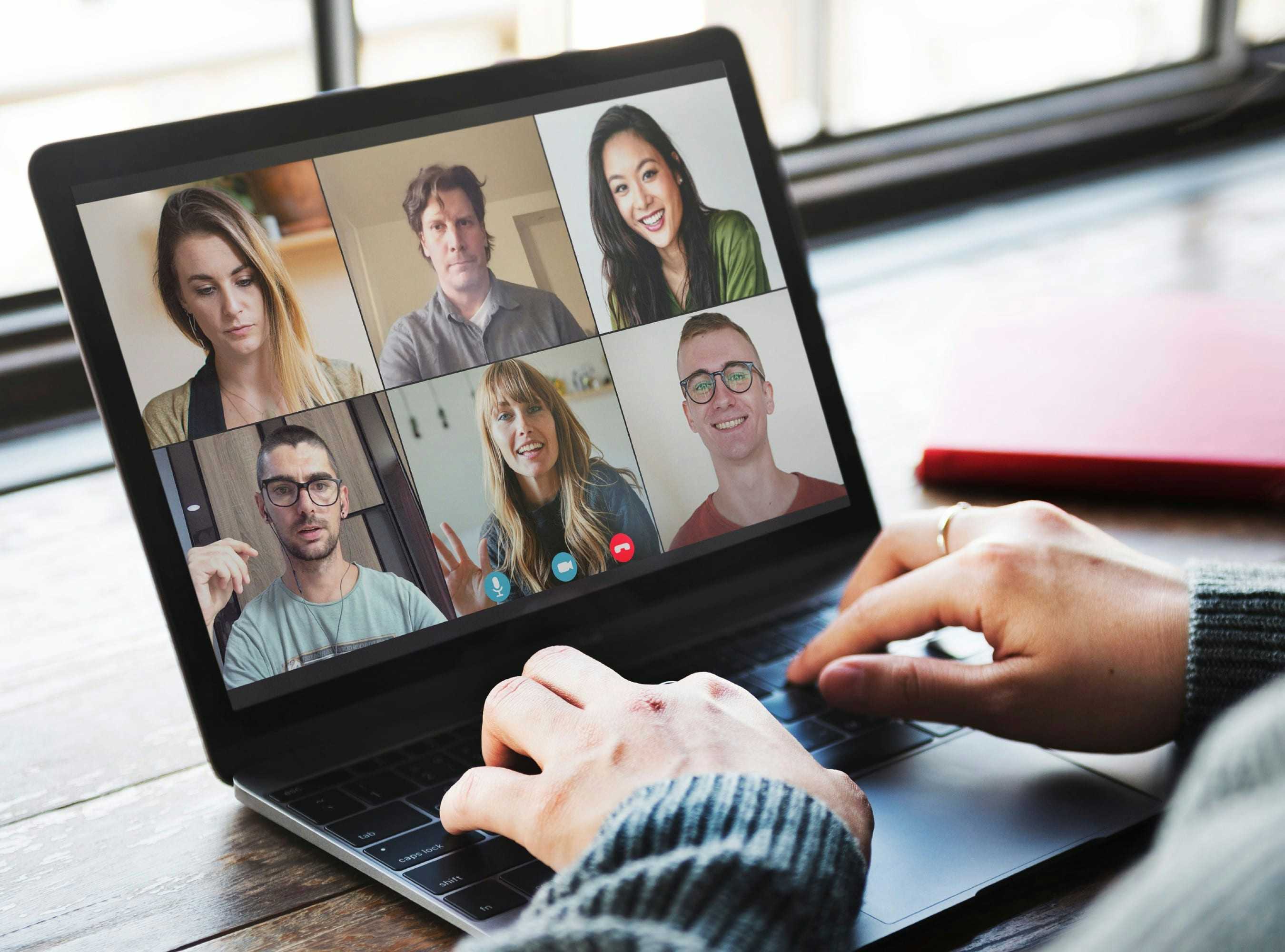The pandemic abruptly vaulted legal proceedings and working relationships into remote arrangements. As such, expert witnesses and consultants must also shift gears and adapt to these changes. Here, we’ll look at some common issues we’ve seen arise between attorneys and experts over the last few months, along with tips on how to make the virtual process smoother.
Reliable Wi-Fi
Working from home, we’ve come to rely on Wi-Fi for our day to day tasks. But in order to effectively communicate with attorneys and participate in legal proceedings, it’s especially important to ensure you have a strong internet connection. As a remote expert, you must be prepared for any impromptu Zoom meetings with an attorney. A poor Wi-Fi connection that constantly disrupts the conversation will frustrate both parties and waste time. Worse, poor communications due to spotty Wi-Fi could also cause misinterpretation of information, leading to downstream issues in the case.
Secure internet is also a necessity for participating in proceedings such as virtual depositions, testimony, and cross-examinations. Though dropped words and crackly audio can feel especially dire during official legal appearances, it’s most important to remain calm. Don’t let yourself get flustered and simply ask the attorney to repeat the questions you couldn’t clearly hear. Of course, the preferable course of action is to check your internet connection prior to logging on. But in the moment, keep your cool and carry on.
Pro tip: If all else fails and your Wi-Fi connection isn’t working, you can usually dial into a virtual hearing or a meeting via phone.
Find Your Light
Everybody has a role to play on the courtroom stage. You are cast in the supporting role as the expert witness. To make the most impactful, yet professional, impact, you’ll also want to consider your appearance on video. This means planning for good lighting. Just a simple desk lamp can make all the difference—a little extra light on your face helps a judge and jury see your expressions and can improve your eye contact with them. These factors are critical for establishing credibility and authenticity during testimony and depositions. Small tabletop lamps aren’t cost-prohibitive either. Several retailers sell desk lamps for less than $20. For the dedicated expert, it’s worth the investment.
You’ll also want to be aware of the background that shows while you are in a video conference. Tidy up your office and make sure art or other visible items project a professional image. Kids running through a room or a family member exercising—all parts of normal home life—are sights you’ll want to keep off your background during testimony and depositions.
Pro tip: Zoom and other video services offer backgrounds that you can turn on to cover up what’s behind your chair.
Stay in Touch
Especially during remote arrangements, it’s important to proactively keep in touch with your hiring attorney. Your rapport and communication lay the foundation of every successful working relationship. A good rule of thumb is to check-in at least once a week in the early stages of a case. This helps you stay aligned on your deliverables and manage content and timeline expectations.
Throughout your communications, always remain aware of online security as well. Resist the temptation to send an attorney a report attachment using unsecured Wi-Fi. This includes free public Wi-Fi services at a coffee shop, airport, or hotel lobby. The last thing you want is for a bad actor to get a hold of a legal document you’ve sent over an insecure Wi-Fi connection.
Pro tip: Email and phone are fine for quick check-ins. But if the attorney likes to use secure messaging or chat apps for quick exchanges, use those instead.
Stick to Your Billing
With looming deadlines, it’s easy to keep plowing through casework—especially when you’re working from home. Suddenly without realizing it, you can overstep the agreed-upon time limitations for specific deliverables. But to remain professional, you should never send a bill that’s triple what’s anticipated without first discussing it. A surprise bigger bill might make the attorney angry with you and could even harm the relationship.
To avoid this situation, develop some home office routines to help you avoid going overtime. Consider using your smartphone timer to make sure you stay within the confines of your hours agreement. Like a gymnast’s finish, stick to your billing agreement to win points with your attorney and maintain a good relationship in the case and for future opportunities.
Pro tip: If you need more time to follow a new line of inquiry or refine your report to make it an excellent tool for the case, remember to ask first before you exceed the hour limitations.




